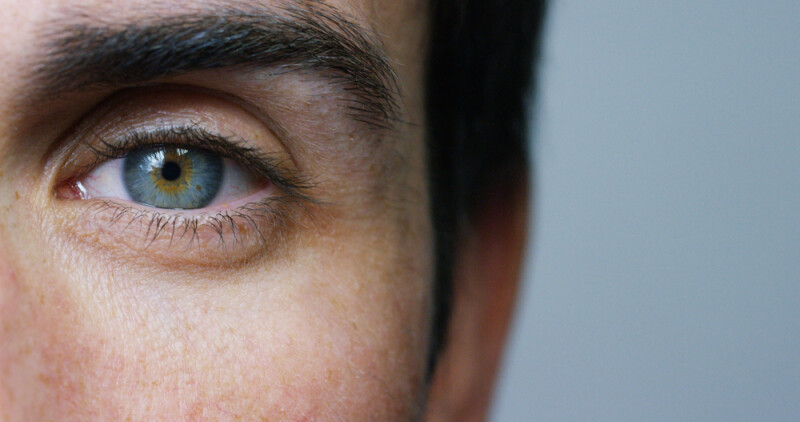Weight loss success from novel mental imagery treatment
Overweight people who used a new motivational intervention called Functional Imagery Training (FIT) lost an average of five times more weight than those using talking therapy alone, according to new research published today in the International Journal of Obesity.
In addition, users of FIT lost 4.3 centimeters more around their waist circumference in six months, and continued to lose weight after the intervention finished.
Led by Linda Solbrig, PhD, researchers from the University of Plymouth and Queensland University looked at 141 participants who were allocated either to FIT or Motivational Interviewing (MI), a technique that sees a counsellor support someone to develop, highlight, and verbalize their need or motivation for change, and their reasons for wanting to change.
FIT goes one step further than MI, as it makes use of multisensory imagery to explore these changes by teaching clients how to elicit and practice motivational imagery themselves. Everyday behaviors and optional app support are used to cue imagery practice until it becomes a cognitive habit.
Maximum contact time was four hours of individual consultation, and neither group received any additional dietary advice or information.
Solbrig, who completed the work as part of a PhD funded by The National Institute for Health Research (NIHR) Collaboration for Leadership in Applied Health Research and Care (CLAHRC) South West Peninsula, said, it's fantastic that people lost significantly more weight on this intervention, as, unlike most studies, it provided no diet or physical activity advice or education.
“People were completely free in their choices and supported in what they wanted to do, not what a regimen prescribed,” she said.
The study showed how after six months, people who used the FIT intervention lost an average of 4.11 kilograms, compared with an average of 0.74 kilograms among the MI group.
After 12 months, six months after the intervention had finished, the FIT group continued to lose weight, with an average of 6.44kg lost compared with 0.67kg in the MI group.
"Most people agree that in order to lose weight, you need to eat less and exercise more, but in many cases, people simply aren't motivated enough to heed this advice, however much they might agree with it,” said Solbrig. “So, FIT comes in with the key aim of encouraging someone to come up with their own imagery of what change might look and feel like to them, how it might be achieved and kept up, even when challenges arise.”




















SHARE